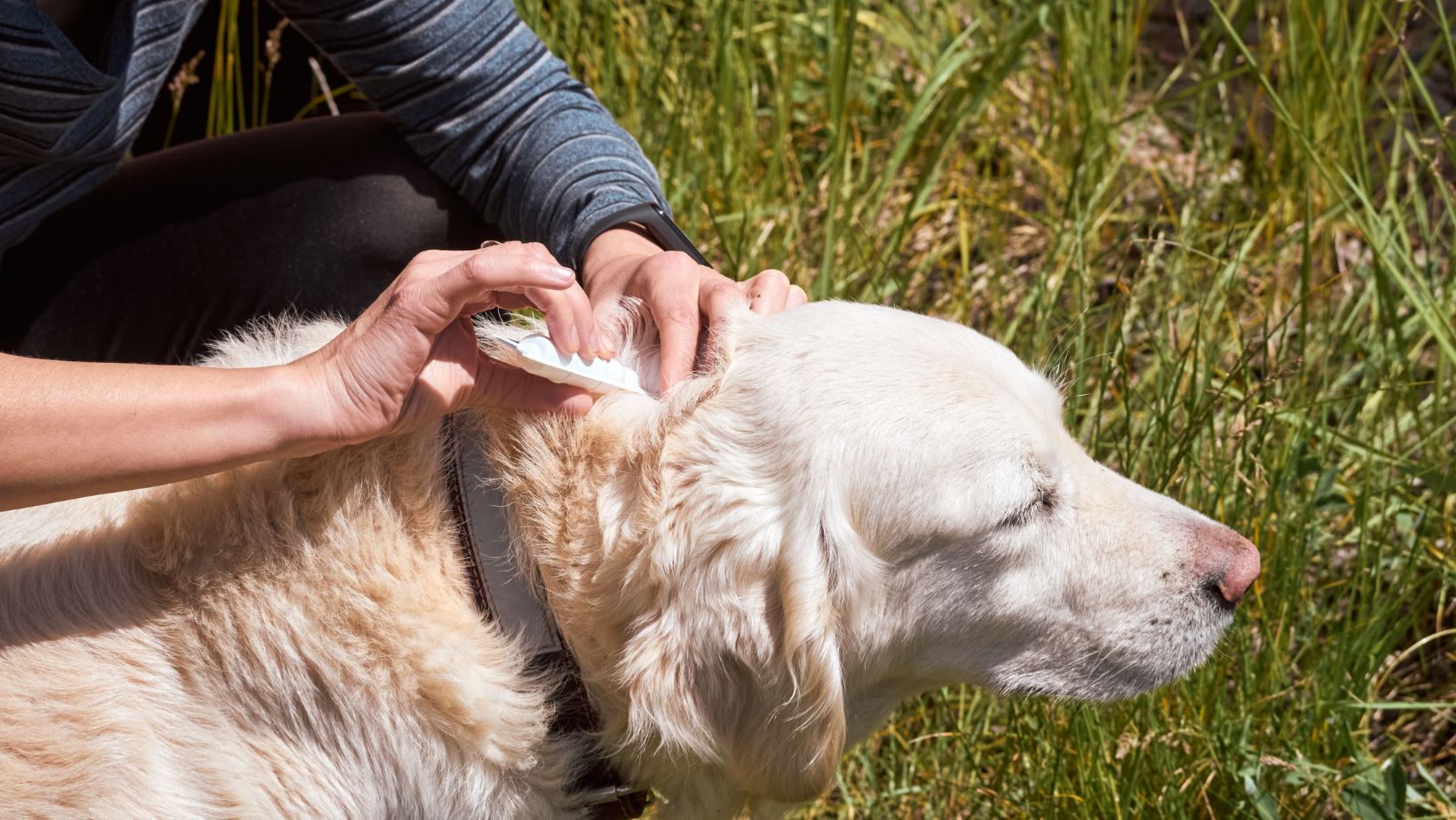Can I Feed my Dog Bread
Feeding our furry friends is a responsibility we take seriously, and as dog owners, we often find ourselves wondering about the suitability of certain human foods for our beloved companions. One common question that arises is, “Can I feed my dog bread?” Well, the answer isn’t a straightforward yes or no. While bread itself is not toxic to dogs, it’s important to consider a few factors before offering it to your Labrador.
Firstly, dogs have different dietary needs compared to humans. Bread is typically high in carbohydrates and can be low in essential nutrients that dogs require for optimal health. Feeding small amounts of plain bread occasionally may not cause harm, but excessive consumption can lead to weight gain and potential digestive issues.
Additionally, you should be mindful of the ingredients found in bread. Some types contain additives like raisins or xylitol, which are toxic to dogs and can cause serious health problems. Therefore, it’s crucial to always check the ingredient list before sharing any type of bread with your furry friend.
In conclusion, while feeding your Labrador small amounts of plain bread on occasion may not pose significant risks, it’s important to do so with caution. Prioritise their nutritional needs by providing them with a well-balanced diet formulated specifically for dogs. If you have concerns about what foods are suitable for your Labrador’s diet or if they’re experiencing any digestive issues after consuming bread or other human foods, consult with your veterinarian for professional guidance tailored to your pet’s individual needs

Is Bread Safe for Dogs to Eat?
As a Labrador owner, one of the common questions that might come to mind is whether it’s safe to feed your furry friend bread. Let’s delve into this FAQ and uncover the truth about feeding Labradors bread.
Bread, in general, is not toxic to dogs. It won’t harm them if given in small quantities as an occasional treat. However, there are a few factors you should consider before sharing your sandwich with your canine companion.
- Digestive Sensitivity: Dogs have different digestive systems than humans, and some may be more sensitive than others. Certain ingredients commonly found in bread, such as wheat or gluten, can cause stomach upset or allergies in dogs. If you notice any adverse reactions like vomiting or diarrhoea after giving them bread, it’s best to avoid it altogether.
- Nutritional Value: Bread lacks essential nutrients that dogs need for a balanced diet. It primarily consists of carbohydrates and does not provide adequate protein or other vital nutrients required for their overall health. Feeding excessive amounts of bread can lead to weight gain and nutritional imbalances over time.
- Obstruction Hazards: Some types of bread contain seeds or nuts that could pose a choking hazard or cause intestinal blockages in dogs. Additionally, large chunks of bread may get stuck in their throat or gastrointestinal tract if consumed too quickly without proper chewing.
- Calorie Considerations: Bread is relatively high in calories compared to its nutritional value. Regularly feeding your Labrador slices of bread can contribute to weight gain and obesity-related health issues like joint problems and diabetes.
While small pieces of plain white or whole wheat bread are generally safe for most Labradors as an occasional treat, it’s crucial to exercise caution when offering any type of baked goods.
Remember these key points:
- Always consult with your veterinarian before introducing new foods into your dog’s diet.
- Monitor your Labrador for any adverse reactions after consuming bread.
- If you decide to give your dog bread, opt for small portions and avoid varieties with potentially harmful ingredients like raisins, garlic, or onions.
By making informed choices about what you feed your Labrador, you can ensure their overall well-being and happiness.